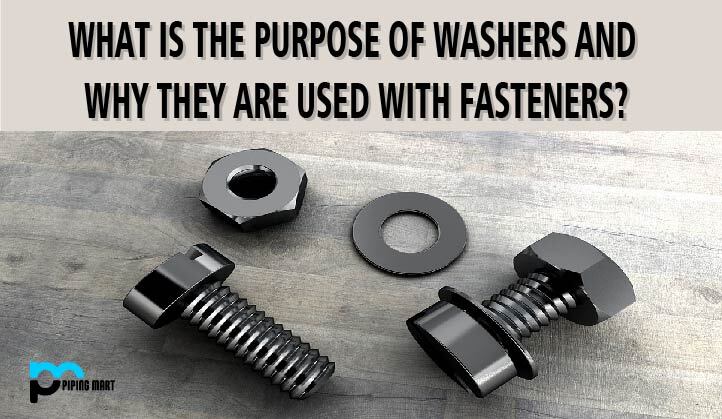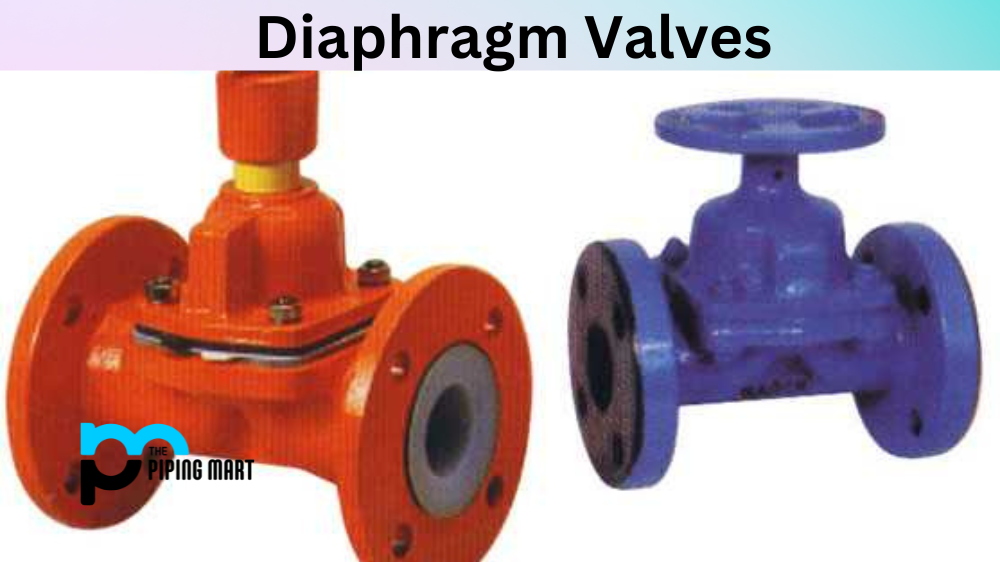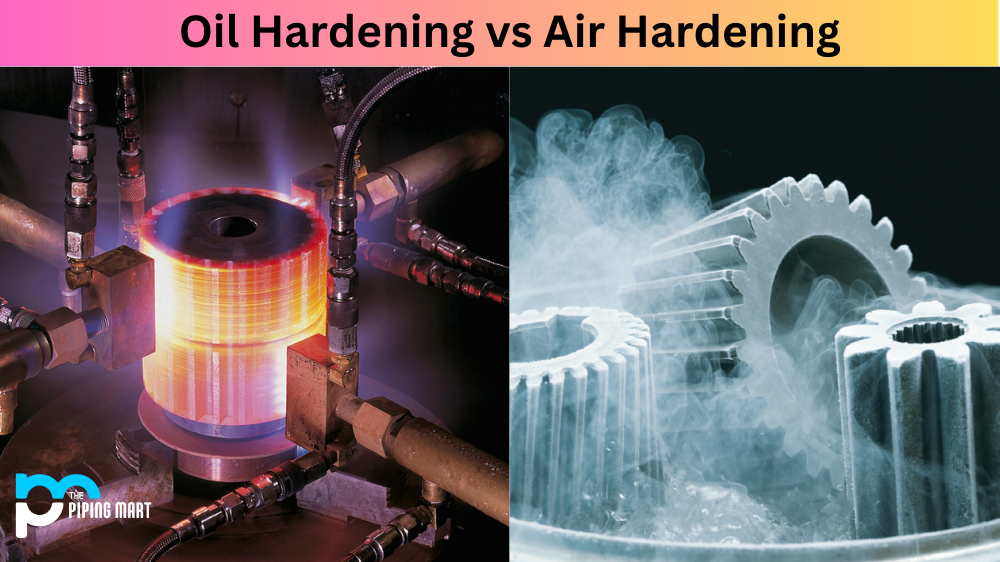What is the washer?
A washer is a mechanical machine with valuable components in combination with a screw fastener. More specifically, the product, along with a bolt and nut, works well. Washers typically consist of a flattened, circular, or disc-shaped metal. The portion has a hole in the middle. Before attaching threaded fasteners to a surface, placing a washer through the end is essential. These products keep the screw from loosening or distributing the load from the other components, such as the nut or bolt head, over the surface area. For load distribution, thin flat rings of soft steel work well. Also, different types of washers prevent loosening. Here, various types of washers act as springs to counterbalance the increased distance between the head of a bolt and the nut. Also, it balances the distance between the head of a screw and the object holding clamp.
In addition to the spring action, these washers have a point that strikes the workpiece and the screw head. The attachment provides a firm locking. The washer’s points are known as tooth or shake-proof lock washers. The teeth present on the washer can bend and twist across the plane of the washer’s face. The conical washer has spring movement but can perform locking action due to friction. Another type of washer, i.e., the helical spring washer, is one of the most commonly applicable lock washers.
Why are washers used with fasteners?
- It divides the weight.
Various washers’ fundamental purpose is to evenly distribute the threaded fastener with the shared material. Threaded fasteners emphasise the driven material. For example, forcing a screw within the wood may cause the wooden piece’s crack around the surface. Here, washers reduce the risk of such damage by evenly distributing the fasteners’ load across the material surface. The washer is not necessary for all materials but materials like wood and relatively soft materials washer work well. Here washers protect from stress-related damage after driving the threaded fastener into the supporting material. - Offers to space
Washers are valuable products that work in place of spacers. When the threaded fastener is longer than the object’s depth, it is not easy to drive the fastener into the thing. Here, in such a case, the fastener sticks out the back of the object and takes some of the fasteners. Hence, for forcing a 4-inch screw into an object with a depth of 3 inches. As a result, 1 inch of the screw tip comes out of the object’s back portion. Here, to resolve this issue, it is recommended to use washers. Placing washers through the threaded fastener before putting it into the object generates padding, and as a result, the fastener doesn’t penetrate deeply. - Absorbs vibration
Several types of washers work well in absorbing vibrations. These washers are known as vibration-damping or vibration-isolating washers. These washers are usually non-metal components. Specifically, they are components of a softer material like plastic, rubber or urethane. Here, more delicate material is more effective in absorbing vibrations than rigid materials such as metal. When a threaded fastener connects two objects, then one of those objects produces aggressive vibration. At this time, one can use vibration-damping washers to defend the damage from another object. - Protection from liquid
Several types of washers protect the entry of water and other liquids. Washers are generally helpful in water pipes and connections that create a waterproof seal. Vibration-damping washers and liquid-sealing washers are composites of a soft material. These washers are capable of driving on the surface of the object.

Pipingmart is B2B portal specializes in industrial, metal and piping products. Also, share latest information and news related to products, materials and different types grades to help business dealing in this industry.




